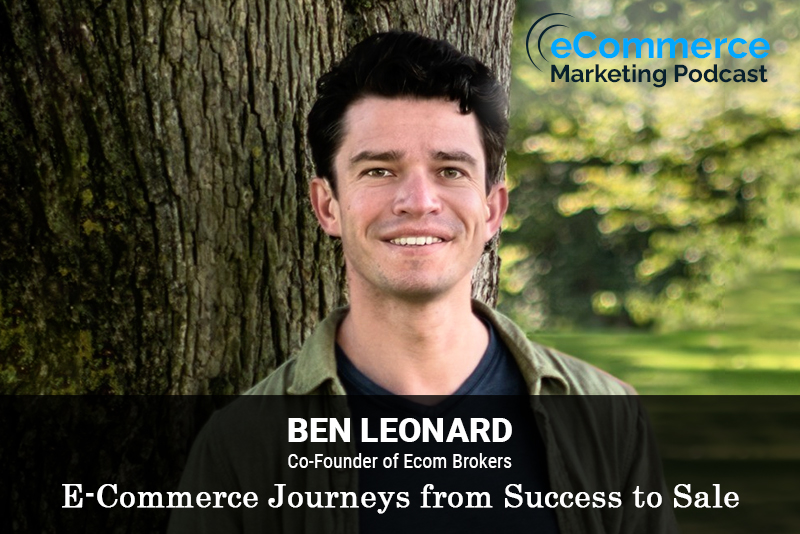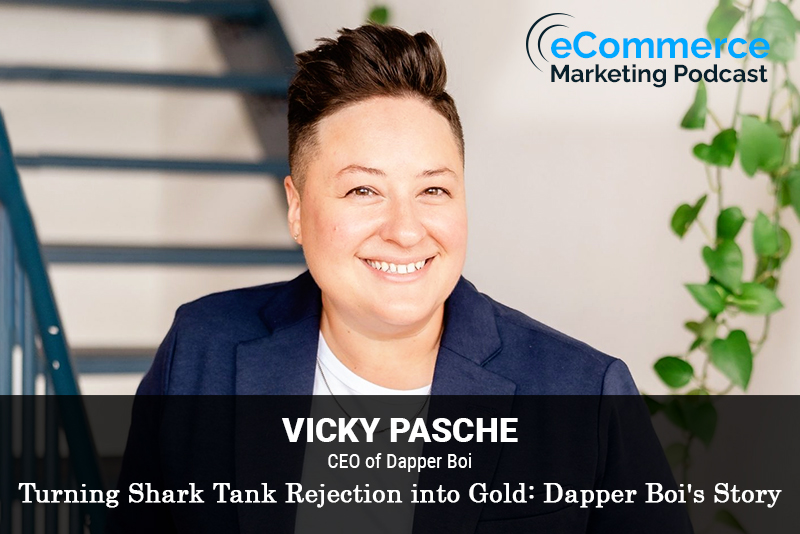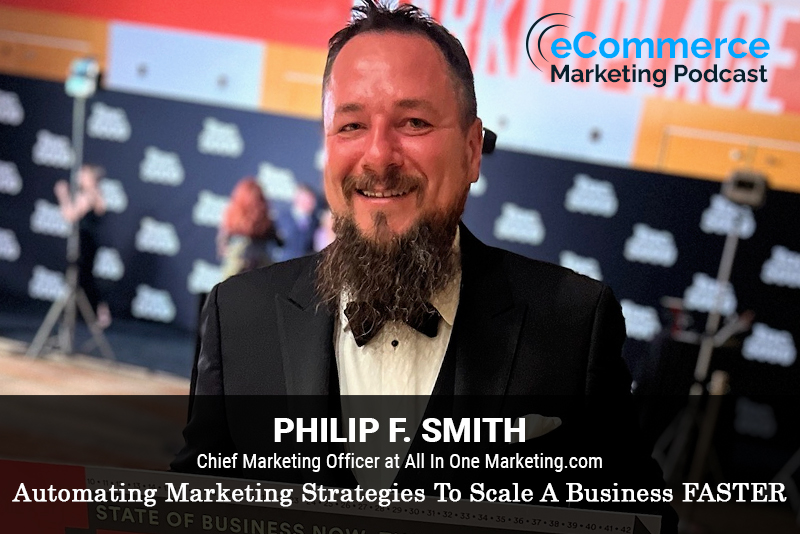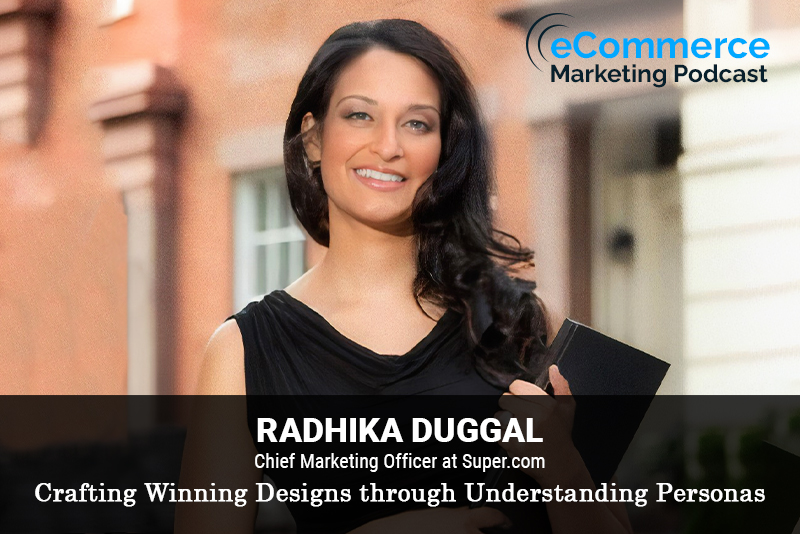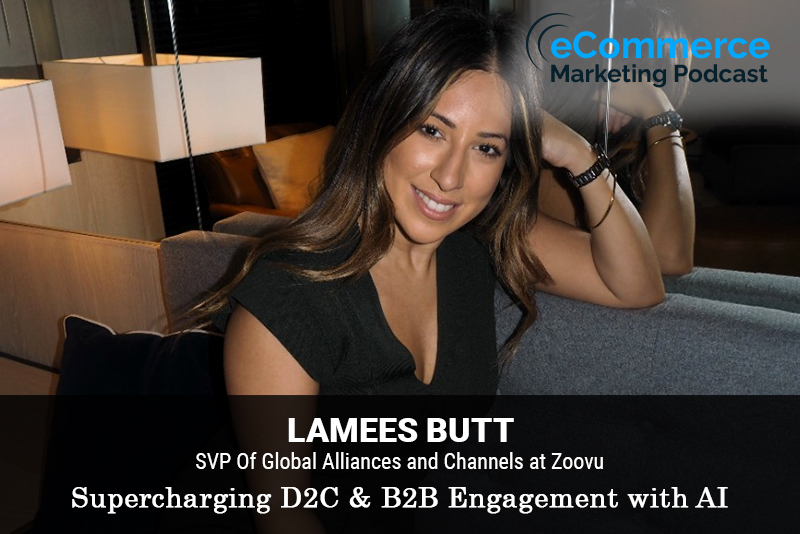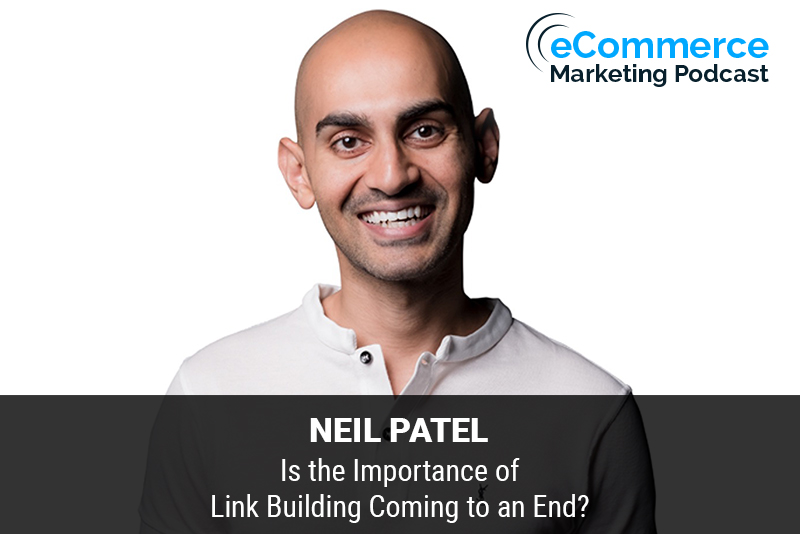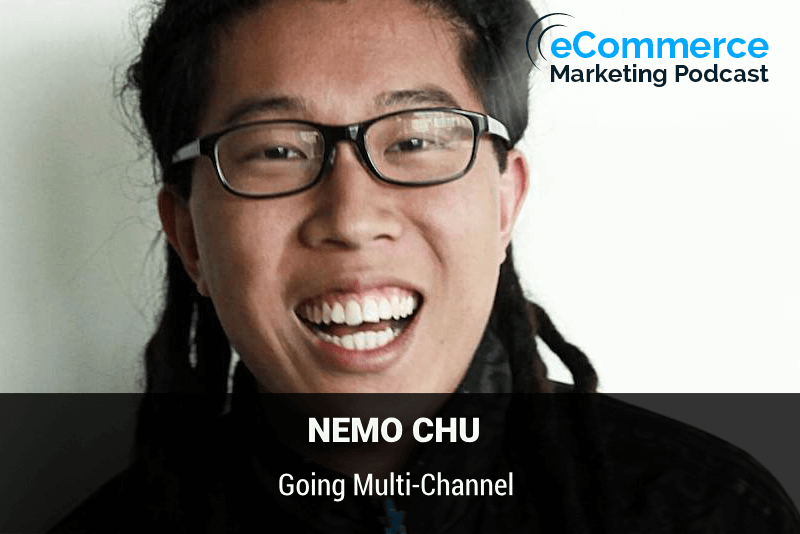
The eCommerce Marketing Podcast walks you through everything that goes into ecommerce marketing — from inbound marketing to paid advertising to conversions. Learn the strategies top marketing experts use to grow their businesses.
Ben Leonard is a renowned figure in the ecommerce landscape and the mastermind behind benleonard.pro, where he shares his extensive expertise in growing and successfully exiting ecommerce businesses. With a track record of building, scaling, and selling his own successful online ventures, Ben brings a wealth of practical insights and strategies. His journey is a testament to the potential of ecommerce and serves as an inspiration to entrepreneurs and marketers alike. Join us as we explore Ben’s unique approach to business growth and learn how to navigate the challenging yet rewarding world of ecommerce.
In this episode, you will learn
- The key strategies Ben initially employed that laid the foundation for the successful growth of his ecommerce businesses
- In the process of scaling his business, the biggest challenge he faced, and how he overcame them
- The importance of brand development in growth strategy, and the top tips for building a strong brand in the ecommerce space
- For those ecommerce businesses looking to exit, what steps should they take to prepare for a successful exit, and how do they know if it is the right time to sell
- Mistakes Ben made during the growth phase, and the key things he learned from them
- Emerging trends in ecommerce that will significantly impact ecommerce businesses in the near future
For show transcript and past guests, please visit https://www.ecommercemarketingpodcast.com
Or on YouTube at:
https://www.youtube.com/channel/UC3PgT0NOGzpdPGQtBK0XLIQ
Follow Arlen:
Twitter: https://twitter.com/askarlen
Facebook: https://www.facebook.com/arlen.robinson.7
Instagram: https://www.instagram.com/arlenyohance/
LinkedIn: https://www.linkedin.com/in/arlenrobinson/
Past guests on the ecommerce marketing podcast include Neil Patel, Nemo Chu, Luke Lintz, Luke Carthy, Amber Armstrong, Kris Ruby and many more.
Thanks for listening. Be sure to subscribe and leave a review.

In this episode of the eCommerce Marketing Podcast, host Arlen Robinson interviews Ben Leonard, a renowned e-commerce expert and founder of benleonard.pro. Ben shares his journey from a marine ecologist to a successful e-commerce entrepreneur, providing valuable insights into building, scaling, and selling online businesses. This episode is a treasure trove for anyone looking to understand the intricacies of growing and exiting an e-commerce business.
Key Takeaways
- Introduction and Ben’s Background ([00:03] – [04:22])
- Ben’s unconventional journey from marine ecology to e-commerce.
- His initial skepticism about entrepreneurship and eventual transition due to health issues.
- Growth of his fitness brand to $6 million in revenue in three years and its successful sale.
- Key Strategies for Business Growth ([05:30] – [07:58])
- Importance of quality across product, customer experience, and service.
- Treating the business as a real brand rather than just a side hustle.
- Pivotal Moments in Business Growth ([08:54] – [11:31])
- Transitioning from chaotic launch mode to a growth mindset.
- Building systems, processes, and a team to scale the business efficiently.
- Lessons from Challenges ([11:49] – [16:33])
- Importance of adapting to trends and trying new things quickly.
- Learning that “cheap is expensive and expensive is cheap” through trademark issues.
- Importance of professional help for intellectual property protection.
- Brand Development and its Importance ([17:03] – [20:45])
- Understanding the audience and consistency in brand messaging.
- Engaging with customers authentically to build loyalty.
- Viewing brand as a group of products that solve problems for a group of people.
- Preparing for a Successful Business Exit ([21:38] – [27:17])
- Starting to think about exit strategies early.
- Optimizing the business to be attractive to buyers by ensuring growth, profitability, and low risk.
- Understanding what buyers want and making the business transferable.
- Emerging Trends in E-Commerce ([27:50] – [29:47])
- The impact of TikTok shop and the link between Amazon and Facebook/Instagram ads.
- The potential of AI and 3D printing for personalized products and rapid delivery.
Guest Info
Ben Leonard
Co-Founder of Ecom Brokers
LinkedIn: Ben Leonard
Website: Ben Leonard Pro
Book: Quit Stalling and Build Your Brand
Business Exit Advice: Ecom Brokers

